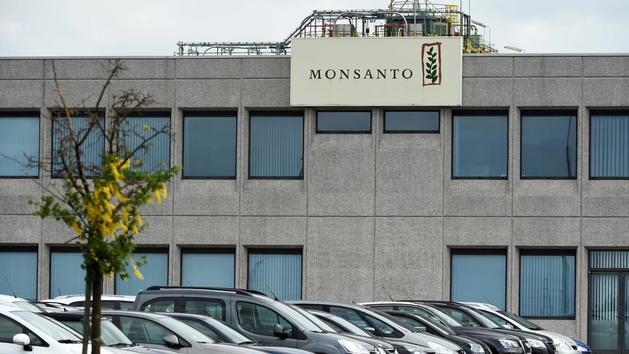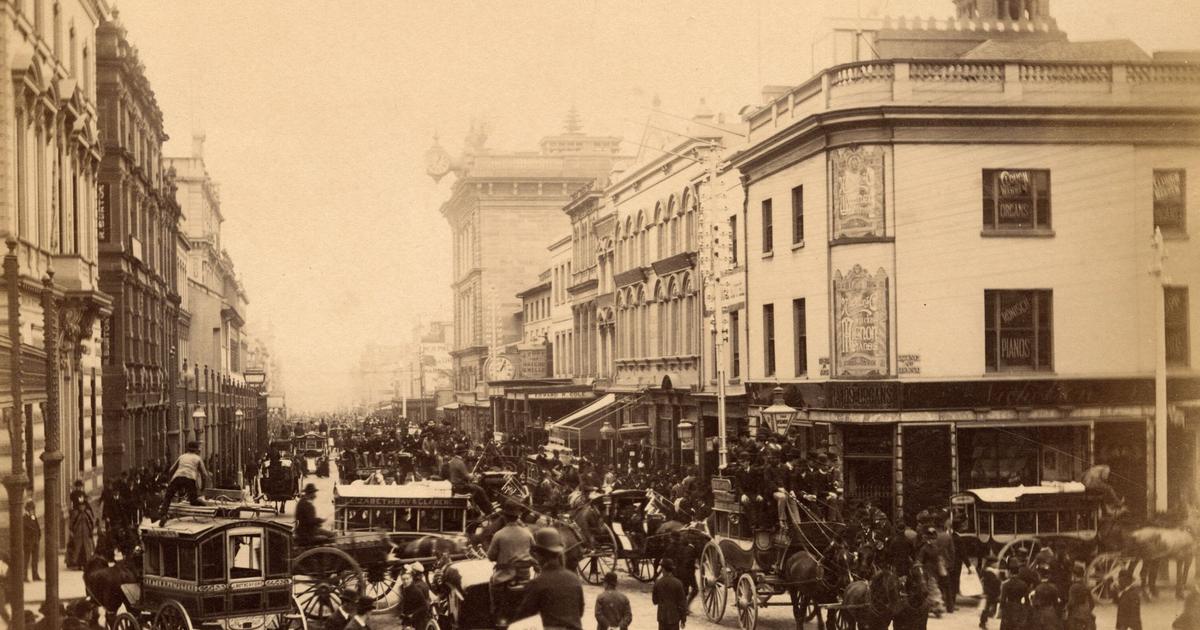The Court of Cassation rejected on Wednesday the appeal lodged by Monsanto, a subsidiary of the German group Bayer, which finalizes its conviction in the case against the farmer Paul François, intoxicated after inhaling vapors of the herbicide Lasso .
Read also: Why the fight of the farmer Paul François against Monsanto is not over
This decision paves the way for an epilogue in this judicial marathon which began in 2007 and during which Paul François, grain farmer from Charente, won his case three times in court, the last time in April 2019 in Lyon.
A long legal fight
Paul François was poisoned in April 2004 after inhaling vapors of the product marketed by Monsanto.
After several illnesses, he was hospitalized for a long time and will even be close to death.
He claims to suffer from serious neurological disorders.
His poorly recognized as an occupational disease, he embarked on a legal fight to recognize the group's responsibility for his intoxication, asking for more than one million euros in compensation.
Justice ruled in his favor at first instance in 2012 and then on appeal in 2015, but Monsanto appealed for the first time in cassation and the case was referred to the Lyon Court of Appeal.
In April 2019, the company was again found liable for the damage caused to Paul François, this time on the basis of “
liability for defective products
”.
Bayer, which bought Monsanto in 2018, then lodged a second appeal to the highest court in the judiciary.
Justice considered that the group should have pointed out the specific danger of using the product in the event of work in tanks, but it did not rule on the very toxicity of the Lasso.
The herbicide has been banned in France since November 2007, but it had been banned from Canada in 1985, then in Belgium and the United Kingdom in 1992. After the dismissal of the appeal, the case goes to its conclusion: in a separate procedure , the courts must now rule on the damages claimed by the farmer.









